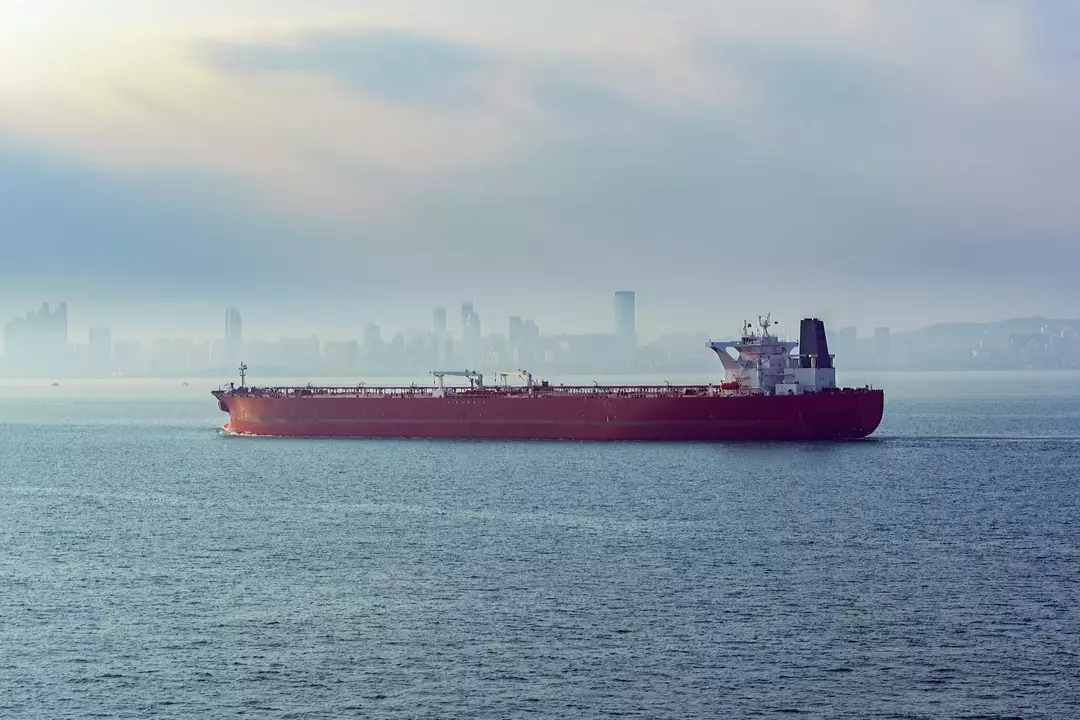The Impact of Western Sanctions on Russian Oil Exports and the Maritime Industry
The maritime industry is bracing for significant disruptions as the most aggressive Western sanctions on Russia’s oil sector since the 2022 invasion of Ukraine take effect. These measures, led by the US Treasury’s Office of Foreign Assets Control (OFAC), have targeted 161 tankers and key Russian oil companies, potentially halving Russian oil exports and driving up Brent futures. This situation highlights the critical role of the maritime industry in global oil supply and the complexities of navigating geopolitical tensions.
Overview of the Sanctions and Their Immediate Impact
On January 10, the US Treasury’s OFAC sanctioned 161 tankers and traders involved in approximately 2,000 shipments since the invasion began. The sanctions also targeted Moscow-based ship insurers and two major Russian oil companies, Surgutneftgas and Gazpromneft, which accounted for nearly 30% of Russia’s oil exports in the first ten months of 2023. These sanctions have already led to erratic movements of vessels, with some coming to a standstill and others turning away from Russian ports, as reported by Bloomberg News.
Potential Disruptions in Global Oil Supply
The sanctions have raised concerns about significant disruptions in global oil supply. Edward Fishman, a senior research scholar at Columbia University, predicts a sustained market disruption and a meaningful drop in Russian oil exports. The 161 tankers affected by the sanctions could transport about 1.4 million barrels of oil per day, almost half of Russia’s seaborne crude exports. Macquarie Group estimates that the impact could be even greater, with up to 2.15 million barrels per day of oil exports potentially lost, driving up prices.
China and India’s Response
China and India, which have been major buyers of Russian crude oil since the invasion, are now seeking alternative suppliers in the Middle East. However, finding additional barrels is challenging due to OPEC+ commitments to keep supply restrained. Chinese and Indian refiners have been urgently seeking out crude and selecting prompt barrels for immediate loading, indicating a more urgent need for oil.
Logistical Challenges and the Use of Shadow-Fleet Tankers
Russia has previously managed to maintain its oil exports despite sanctions by using a shadow-fleet of aging vessels that often operate without known owners and insurers. However, the January 10 measures have almost doubled the number of sanctioned vessels, increasing the logistical challenges for Russia. Lars Barstad, CEO of Frontline Management AS, described this as a major disruption that will temporarily affect Russia’s ability to export oil, especially as China and India adhere to US OFAC listings.
Global Reactions and Future Outlook
The sanctions have led to immediate reactions, with some vessels abandoning their journeys to Russian ports. For example, the Atlas, Heng Tai, and Venture made U-turns off the western coast of Europe, while the Himalayan and Salty Wolf stopped their journeys to the Russian port of Kozmino. The measures have also made unsanctioned tankers wary, with some turning around near the Norwegian city of Tromso and heading for the Baltic.
The effectiveness of these sanctions will depend on their implementation and enforcement. If Russia is forced to sell its oil at deep discounts, the incentive to work around the sanctions will increase. Adi Imsirovic, a veteran oil trader, believes that the sanctions can be effective if properly implemented.
Conclusion
The recent sanctions on Russian oil exports have significant implications for the maritime industry and global oil supply. As China and India seek alternative suppliers and Russia faces logistical challenges, the situation underscores the need for effective implementation and enforcement of sanctions. The maritime industry will play a crucial role in navigating these complexities and ensuring stability in global oil supply.
Sources:
- China and India Scramble for Crude as Sanctioned Russian Tankers Turn Back
- Russian Sanctions Archives – gCaptain
- China and India Scramble for Crude as Sanctioned Russian Tankers Turn …
- China and India Scramble for Crude as Sanctioned Russian Tankers Turn Back
- NewsNow: “Squared” news | Every Source, Every Five Minutes, 24/7 news
- NewsNow: “Biomerica” news | Every Source, Every Five Minutes, 24/7 news


Leave a Reply